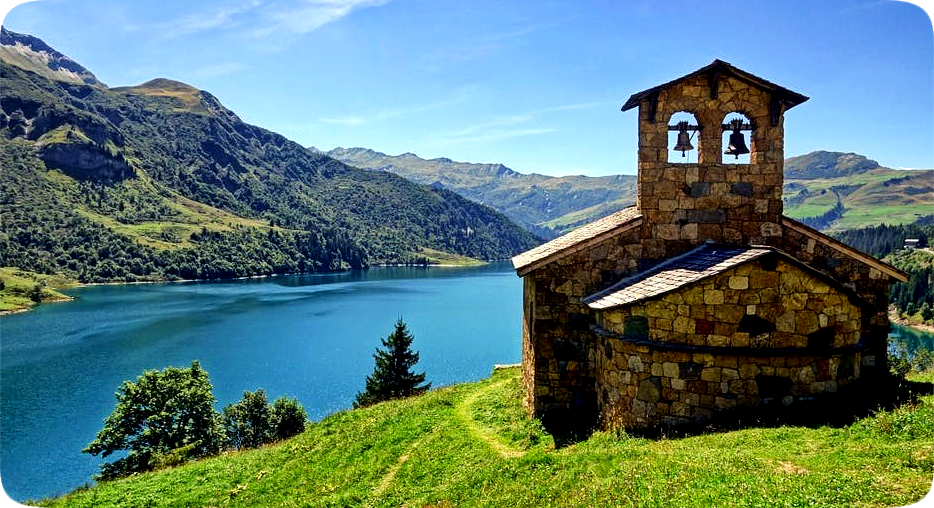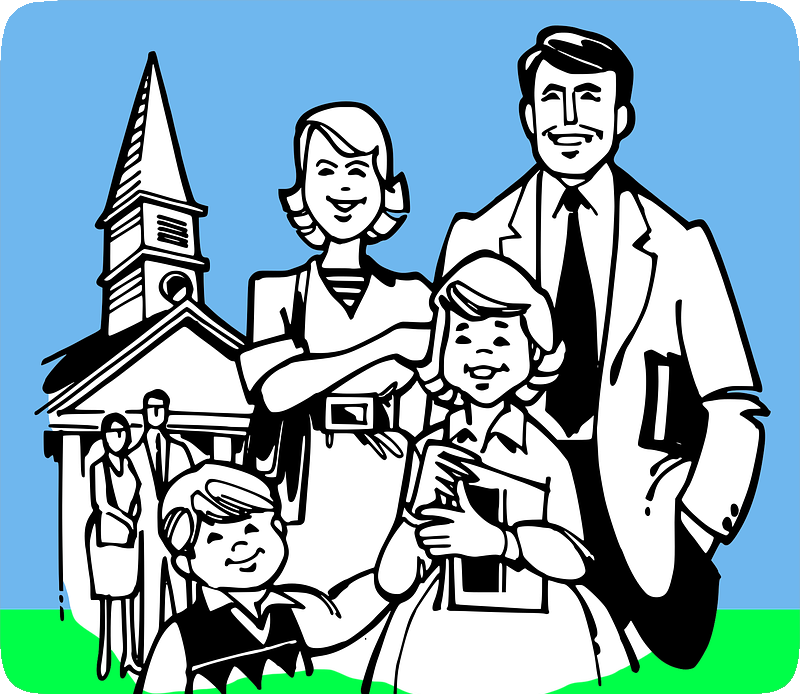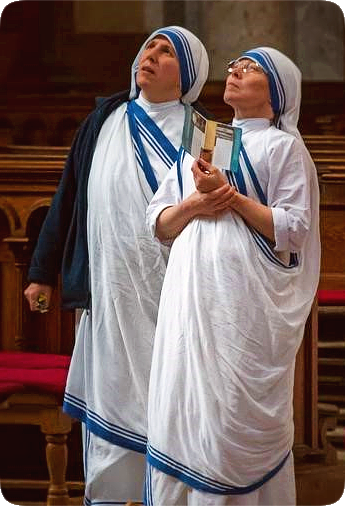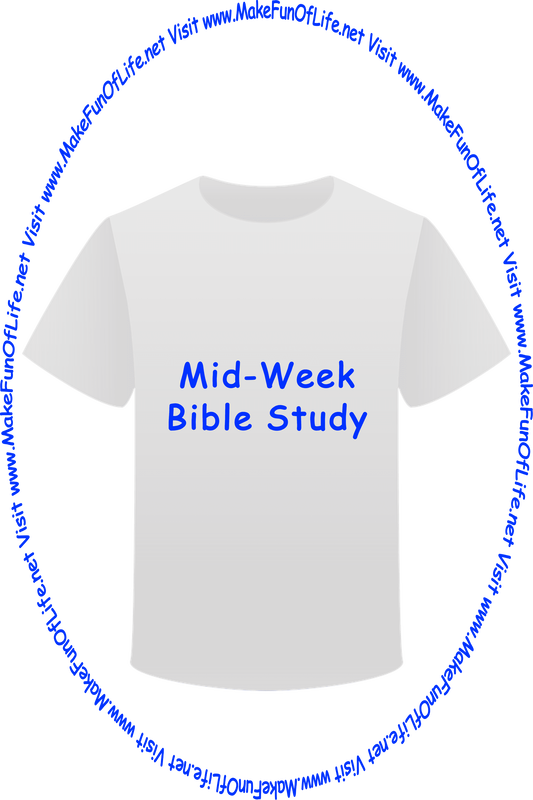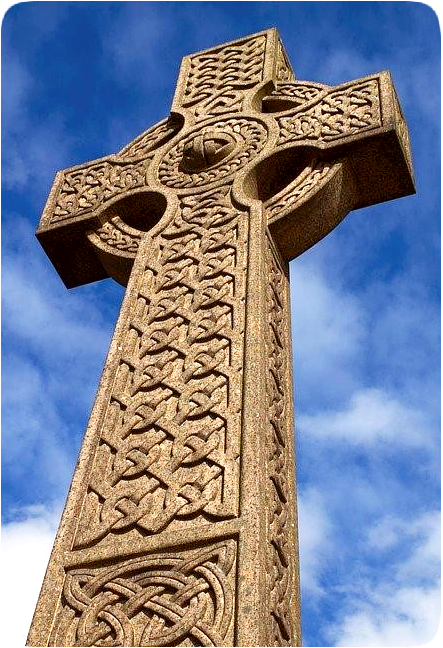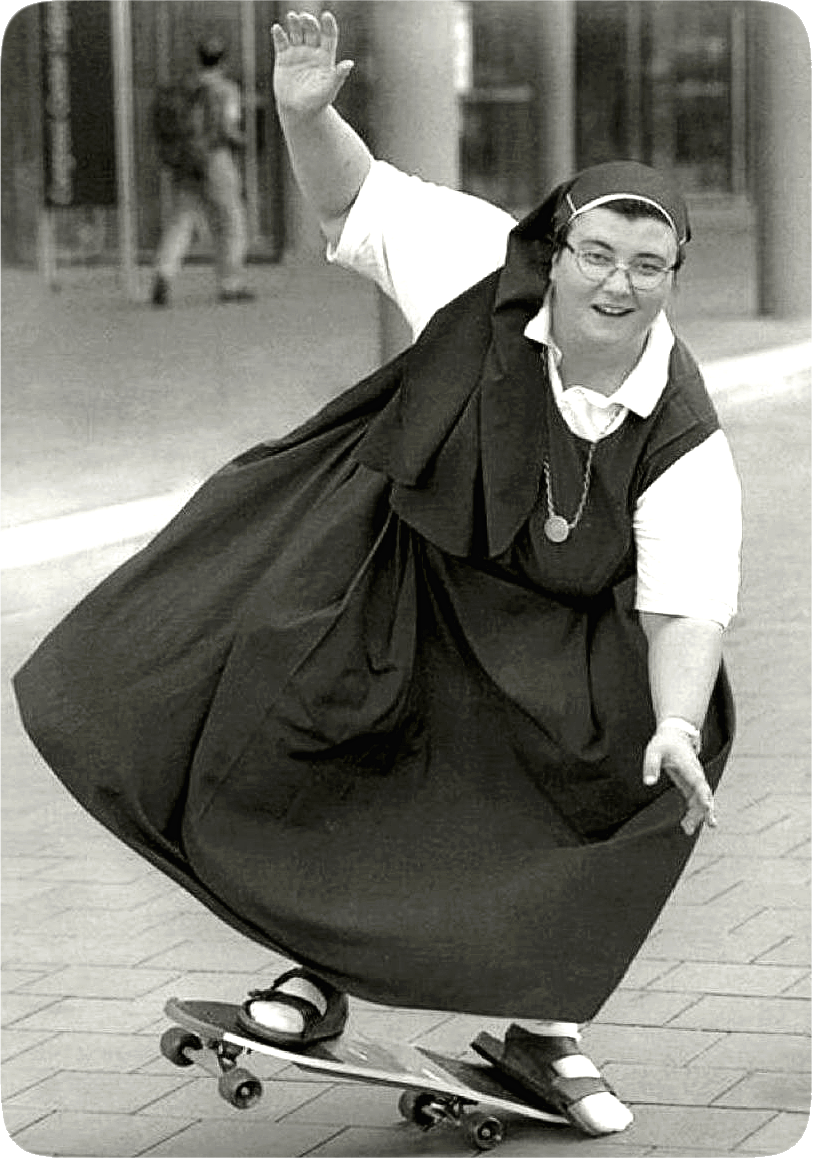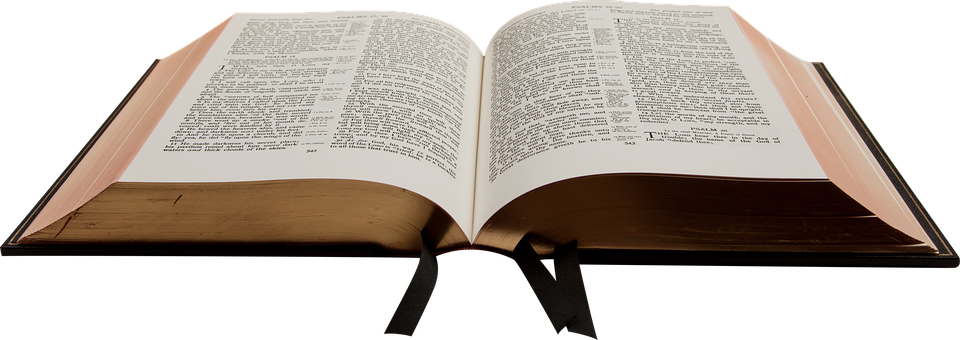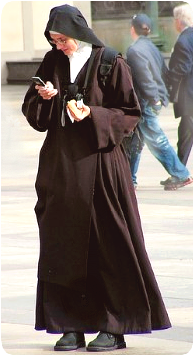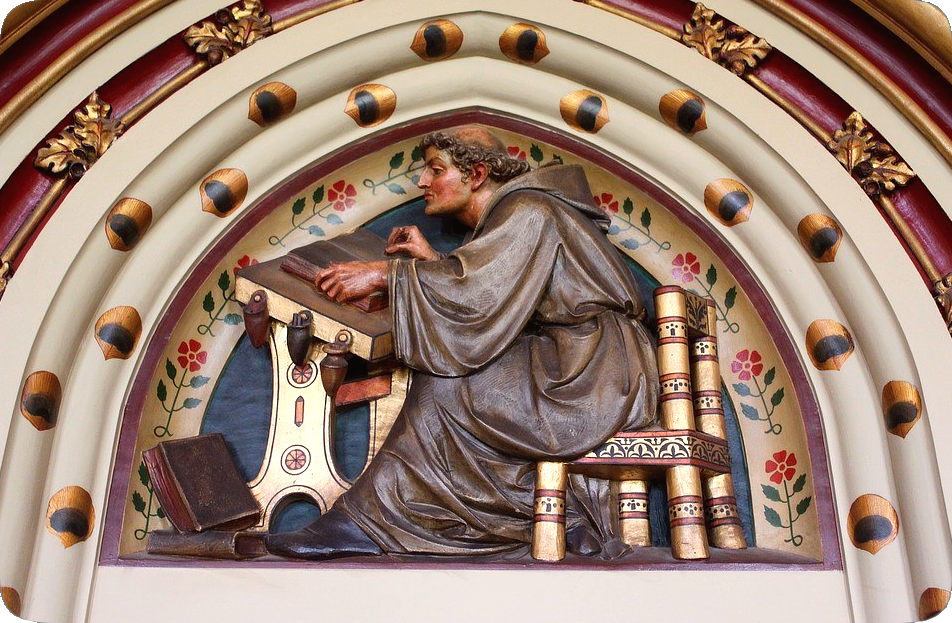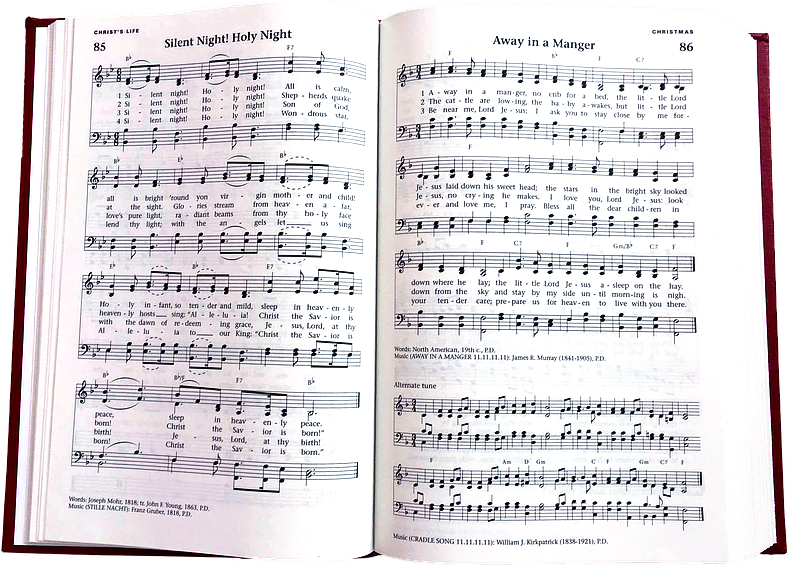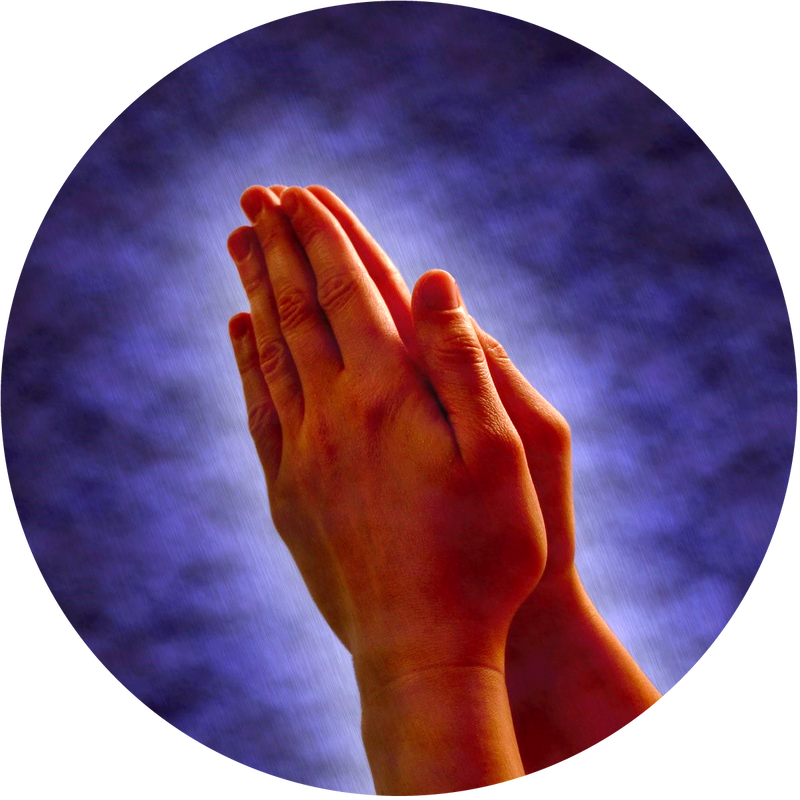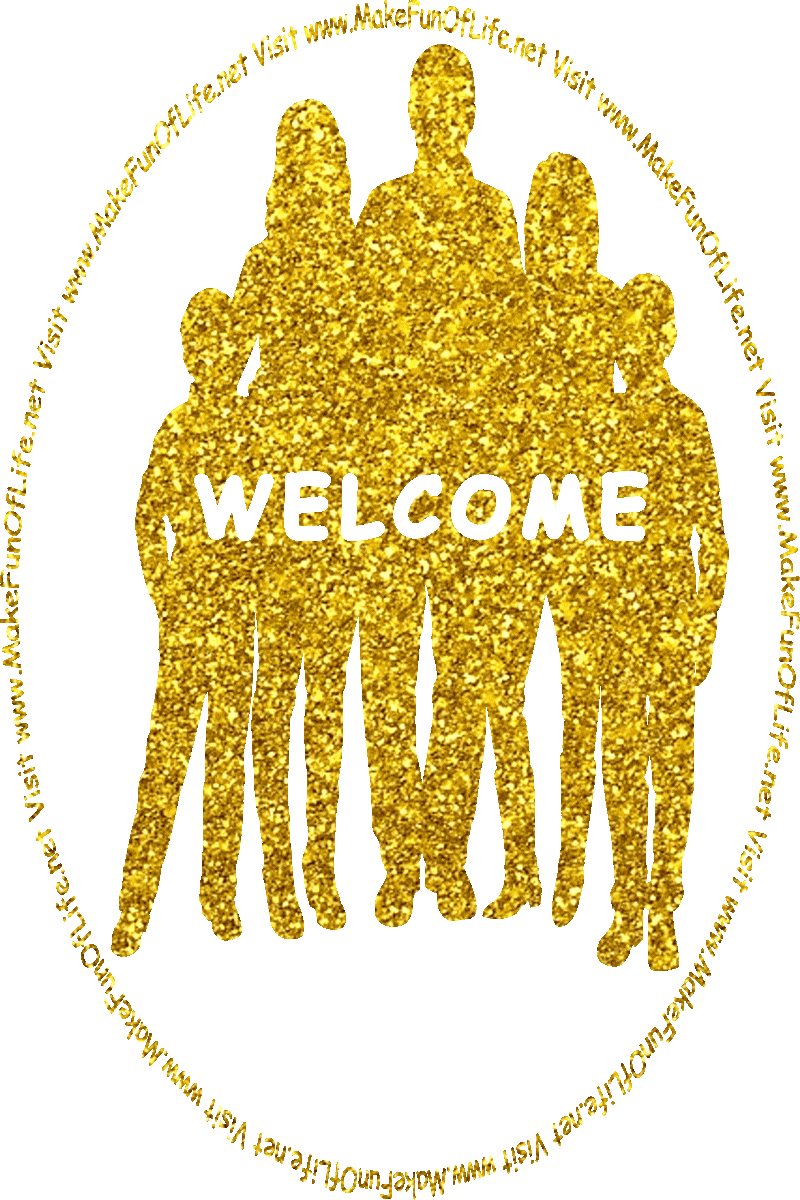I Would Be True
I would be true, for there are those who trust me;
I would be pure, for there are those who care;
I would be strong, for there is much to suffer;
I would be brave, for there is much to dare.
I would be friend of all - the foe, the friendless;
I would be giving, and forget the gift;
I would be humble, for I know my weakness;
I would look up, and laugh, and love, and lift.
I would be faithful through each passing moment;
I would be constantly in touch with God;
I would be strong to follow where He leads me;
I would have faith to keep the path Christ trod.
Who is so low that I am not his brother?
Who is so high that I’ve no path to him?
Who is so poor I may not feel his hunger?
Who is so rich I may not pity him?
Who is so hurt I may not know his heartache?
Who sings for joy my heart may never share?
Who in God’s Heav’n has passed beyond my vision?
Who to Hell’s depths where I may never fare?
May none, then, call on me for understanding,
May none, then, turn to me for help in pain,
And drain alone his bitter cup of sorrow,
Or find he knocks upon my heart in vain.
-Howard A. Walter: stanzas 1 through 3 (1906)
-Joseph Y. Peek: music arrangement (1911)
-Samuel R. Harlow: stanzas 4 through 6 (1918)
Howard Arnold Walter was born on 19 August 1883 in New Britain, Connecticut, United States of America. At 23 years of age, he spent a year in Japan, teaching English at Waseda University, and while there, he wrote the first three stanzas of the hymn, “I Would Be True.” He sent it to his mother in the United States of America, and she forwarded it to “Harper’s Magazine,” which published it. He later became a missionary with the Young Men’s Christian Association (YMCA) in Sri Lanka and India. Howard Arnold Walter passed on at 35 years of age on 1 November 1918 in Lahore, India.
Joseph Yates Peek was born on 27 February 1843 in Schenectady, New York, United States of America. Mr. Peek worked as a carpenter, a farmer, and a drug store clerk before serving in the American Civil War. He then became a florist (1881 - 1904), following which he became a Methodist lay minister and traveled throughout America, including to Maine, Florida, and California. He played the violin, the piano, and the banjo. As a member of the Nostrand-DeKalb Methodist Episcopal Church in Brooklyn, he became a fully ordained minister, just two months before his passing. Joseph Yates Peek passed on at 68 years of age on 17 March 1911 in Brooklyn, New York, United States of America.
Samuel Ralph Harlow was born on 20 July 1885 in Boston, Massachusetts, United States of America. He was ordained as a Congregational minister in 1912, and became a chaplain and sociology teacher (1912 - 1922) at the International College in Smyrna, Turkey. When World War 1 began, he served as the director of the Young Men’s Christian Association (YMCA) for American forces in France. In 1923, he joined Smith College in Northampton, Massachusetts, and served for more than 30 years as a professor of religion and social ethics. He traveled overseas as a lecturer for the Carnegie Endowment for International Peace, and was a visiting professor at Pierce College (1945 - 1946) in Athens, Greece. Samuel Ralph Harlow passed on at 87 years of age on 21 August 1972 in Northampton, Massachusetts, United States of America.
I would be true, for there are those who trust me;
I would be pure, for there are those who care;
I would be strong, for there is much to suffer;
I would be brave, for there is much to dare.
I would be friend of all - the foe, the friendless;
I would be giving, and forget the gift;
I would be humble, for I know my weakness;
I would look up, and laugh, and love, and lift.
I would be faithful through each passing moment;
I would be constantly in touch with God;
I would be strong to follow where He leads me;
I would have faith to keep the path Christ trod.
Who is so low that I am not his brother?
Who is so high that I’ve no path to him?
Who is so poor I may not feel his hunger?
Who is so rich I may not pity him?
Who is so hurt I may not know his heartache?
Who sings for joy my heart may never share?
Who in God’s Heav’n has passed beyond my vision?
Who to Hell’s depths where I may never fare?
May none, then, call on me for understanding,
May none, then, turn to me for help in pain,
And drain alone his bitter cup of sorrow,
Or find he knocks upon my heart in vain.
-Howard A. Walter: stanzas 1 through 3 (1906)
-Joseph Y. Peek: music arrangement (1911)
-Samuel R. Harlow: stanzas 4 through 6 (1918)
Howard Arnold Walter was born on 19 August 1883 in New Britain, Connecticut, United States of America. At 23 years of age, he spent a year in Japan, teaching English at Waseda University, and while there, he wrote the first three stanzas of the hymn, “I Would Be True.” He sent it to his mother in the United States of America, and she forwarded it to “Harper’s Magazine,” which published it. He later became a missionary with the Young Men’s Christian Association (YMCA) in Sri Lanka and India. Howard Arnold Walter passed on at 35 years of age on 1 November 1918 in Lahore, India.
Joseph Yates Peek was born on 27 February 1843 in Schenectady, New York, United States of America. Mr. Peek worked as a carpenter, a farmer, and a drug store clerk before serving in the American Civil War. He then became a florist (1881 - 1904), following which he became a Methodist lay minister and traveled throughout America, including to Maine, Florida, and California. He played the violin, the piano, and the banjo. As a member of the Nostrand-DeKalb Methodist Episcopal Church in Brooklyn, he became a fully ordained minister, just two months before his passing. Joseph Yates Peek passed on at 68 years of age on 17 March 1911 in Brooklyn, New York, United States of America.
Samuel Ralph Harlow was born on 20 July 1885 in Boston, Massachusetts, United States of America. He was ordained as a Congregational minister in 1912, and became a chaplain and sociology teacher (1912 - 1922) at the International College in Smyrna, Turkey. When World War 1 began, he served as the director of the Young Men’s Christian Association (YMCA) for American forces in France. In 1923, he joined Smith College in Northampton, Massachusetts, and served for more than 30 years as a professor of religion and social ethics. He traveled overseas as a lecturer for the Carnegie Endowment for International Peace, and was a visiting professor at Pierce College (1945 - 1946) in Athens, Greece. Samuel Ralph Harlow passed on at 87 years of age on 21 August 1972 in Northampton, Massachusetts, United States of America.
